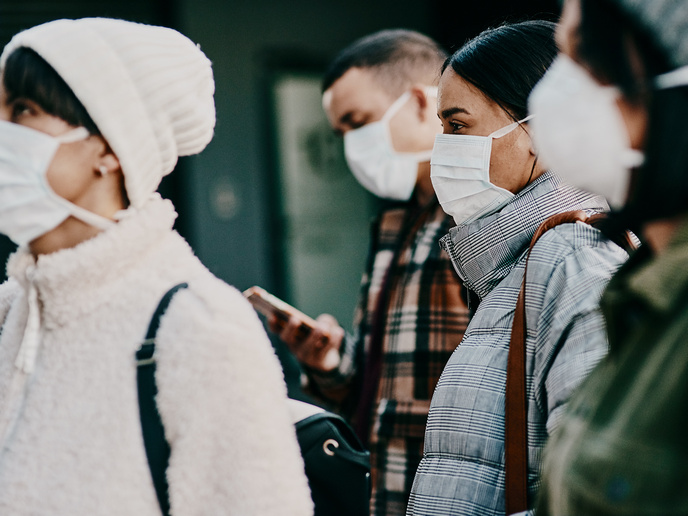Gut bacteria in the fight against inflammation
Scientists with the TEAM-EPIC(opens in new window) project focused on the commensal bacterium Bifidobacterium infantis (B. infantis) 35624. Originally isolated from human gastrointestinal tissue, B. infantis has demonstrated positive health benefits in clinical studies. So far, there are no products on the market that exploit probiotic bacterial cellular components. To unveil how this microorganism protects against inflammatory diseases, the consortium investigated the pathways that mediate its interaction with the host. The goal was to identify implicated signalling molecules. Their working hypothesis is that cellular components, and especially exopolysaccharides (EPSs), play a key role. Researchers developed a method for the isolation and purification of polysaccharides from B. infantis 35624. The conditions for optimal growth of the microbe coupled with the best possible methods for isolation and purification of the polysaccharides were determined. In addition, the immunological response to the polysaccharides was monitored for each step of the process. By using genetically modified B. infantis 35624 knockout variants that lack certain surface polysaccharides, TEAM-EPIC identified protective immune responses and associated molecular mechanisms, which are induced by these polysaccharides. Next, they determined polysaccharide composition and possible chemical structures. Producing isolated fragments with size exclusion and porous graphitic carbon chromatography, the next step was to use nuclear magnetic resonance spectrometry to produce an integrated picture of the EPSs. For the drug development process, the project looked at the in vivo and in vitro mechanisms of action of the purified EPSs. Identification of host receptors for EPSs and downstream signalling events were a major focus. Consumption of B. infantis 35624 has already shown promise in clinical trials for its reduction of symptoms of irritable bowel syndrome (IBS). The TEAM-EPIC project has provided a substantial knowledge base on the mechanisms responsible to develop new drugs to treat IBS and other such inflammatory conditions.







